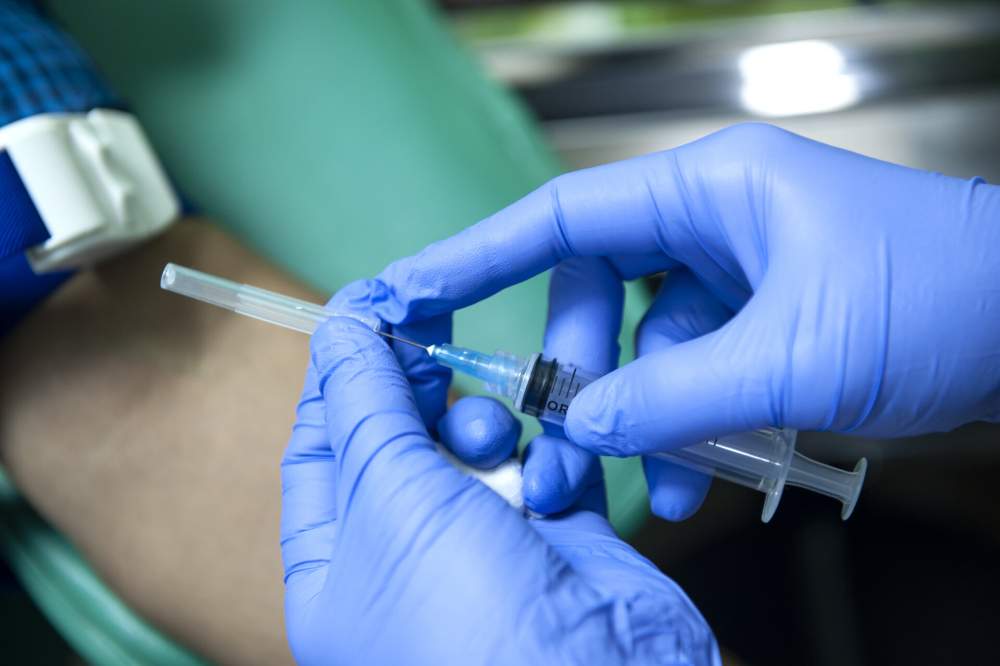In a groundbreaking development, neuroscientists from Duke Health have pioneered a blood test capable of detecting Parkinson’s disease.
Others are reading now
This monumental advancement could pave the way for diagnosing the condition before the nervous system incurs significant damage. Parkinson’s disease, affecting approximately 10 million individuals globally, stands as the second most prevalent neurodegenerative ailment, following Alzheimer’s.
Laurie Sanders, Ph.D., a senior author of the study and an associate professor at Duke School of Medicine, emphasized the current diagnostic approach for Parkinson’s, which relies heavily on clinical symptoms. This method often comes into play only after substantial neurological damage has taken place. Sanders expressed, “A straightforward blood test would empower us to diagnose the disease at an earlier stage, initiating therapies promptly.” Such a diagnostic tool would also precisely pinpoint patients suitable for drug trials, potentially ushering in enhanced treatments and even potential cures.
The research team, in their quest for a diagnostic marker, zeroed in on DNA damage within the mitochondria. These cellular powerhouses, responsible for converting raw energy to fuel cells, possess their DNA, distinct from the nuclear DNA that constitutes the majority of an organism’s genome. Prior research has linked mitochondrial DNA damage with a heightened risk of Parkinson’s. The Duke-led team had earlier documented a surge in mitochondrial DNA damage in the brain tissue of deceased Parkinson’s patients.
Harnessing the power of polymerase chain reaction (PCR) technology, the Duke researchers crafted an assay that effectively measured elevated levels of mitochondrial DNA damage in blood samples from Parkinson’s patients, as opposed to those without the condition. Remarkably, this test also pinpointed high levels of this damaged DNA in individuals carrying the LRRK2 genetic mutation, known to elevate Parkinson’s risk. The assay proved effective in detecting Parkinson’s in patients, irrespective of the presence or absence of LRRK2 mutations.
Also read
Further scrutiny in cells from Parkinson’s patients revealed the assay’s potential in gauging the efficacy of a therapy targeting the effects linked with the LRRK2 mutation. The test discerned reduced mitochondrial DNA damage in cells treated with an LRRK2 inhibitor, in contrast to untreated samples. This indicates the assay’s potential in identifying Parkinson’s patients who might benefit from LRRK2 kinase inhibitor treatments, even if they lack the LRRK2 mutation.
Sanders voiced her aspirations for the assay, hoping it could not only serve as a diagnostic tool for Parkinson’s but also spotlight drugs that could reverse or halt mitochondrial DNA damage and the progression of the disease. She stated, “This disease exacts a devastating toll on individuals, and our current interventions only address the symptoms. It’s imperative to usher in new, potent treatments to the forefront.”
The team is now gearing up to further test the assay on patients in the disease’s nascent stages, prior to the manifestation of symptoms.








